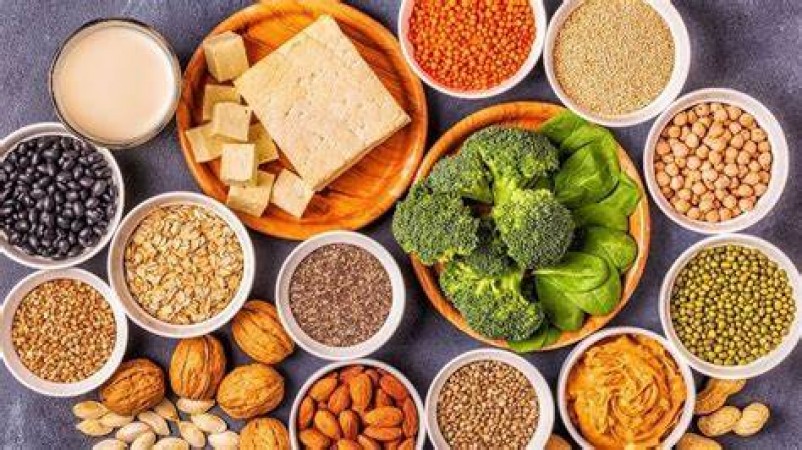
Vitamin D is an essential nutrient that plays a crucial role in maintaining our overall health and well-being. Often referred to as the "sunshine vitamin," it is primarily synthesized in our skin when exposed to sunlight. In this article, we will delve into the various sources of vitamin D, both from sunlight and dietary choices.
Before we dive into the dietary sources of vitamin D, let's understand why this nutrient is so vital for our health.
Vitamin D is unique among vitamins because our bodies can produce it when our skin is exposed to sunlight. This natural process makes it distinct from other vitamins that must be obtained solely through our diet.
One of the key roles of vitamin D is to help our bodies absorb calcium, which is essential for maintaining strong and healthy bones. However, its benefits go beyond bone health.
Vitamin D also plays a crucial role in supporting our immune system. It helps regulate immune responses, which can be especially important during times of illness.
Emerging research suggests that vitamin D may have an impact on mood and mental health. Some studies have linked low vitamin D levels to conditions like depression.
The primary natural source of vitamin D is sunlight. When our skin is exposed to UVB rays from the sun, it triggers the synthesis of vitamin D within our bodies.
Several factors can influence how much vitamin D our skin produces from sunlight, including the time of day, location, and skin color.
While sunscreen is essential for protecting our skin from harmful UV rays, it can also reduce the amount of vitamin D our bodies produce. Finding a balance is crucial.
Fatty fish such as salmon, mackerel, and trout are excellent sources of vitamin D. They provide not only vitamin D but also heart-healthy omega-3 fatty acids.
Cod liver oil is a potent source of vitamin D and is available in supplement form. It has been a traditional remedy for preventing vitamin D deficiency.
Many foods are fortified with vitamin D, including dairy products like milk and yogurt, as well as some breakfast cereals and orange juice.
Egg yolks contain a small amount of vitamin D. They are a good option for individuals who may not consume dairy or fish.
Certain types of mushrooms, such as shiitake and maitake, naturally contain vitamin D when exposed to sunlight or UV light during growth.
In some cases, dietary sources and sunlight may not provide enough vitamin D. Supplements can be an effective way to maintain adequate levels, especially in regions with limited sunlight.
Before starting any vitamin D supplements, it's essential to consult with a healthcare provider. They can determine if supplementation is necessary and recommend the right dosage.
Vitamin D is a vital nutrient that our bodies need for various functions, including bone health, immune support, and potentially mood regulation. While sunlight is a natural source, dietary choices and supplements can also contribute to maintaining optimal vitamin D levels. Remember to strike a balance between sun exposure, diet, and, if needed, supplements to ensure you're getting enough of this essential vitamin.
Causes of Stomach Gas and Ways to Find Relief
One night old stale bread will give more strength than vegetables and fruits